In my private practice, I bear witness to difficult realizations about the limitations of human control when it comes to health. I work with a lot of people who are doing everything “right” in terms of diet and lifestyle—and by “right,” I mean that they’re doing what’s appropriate for their own, unique bodies—and yet they continue to struggle with chronic illness or other health challenges.
It is very, very difficult for anyone to contend with a health scenario that can’t be controlled or significantly impacted by lifestyle change. It can be especially bewildering for people who are particularly well-informed about the power of lifestyle to improve health. But it happens.
I don’t have the answers in situations like this. I can only communicate what I believe to be true, based on my experience: it’s positive and empowering for us to do whatever we can realistically do to improve our odds of living well and long. And it’s important for us also to recognize that the body is still a mystery to us in many ways. There are limits to our own powers of prevention and management.
Making peace with this can allay the guilt and self-blame that many people tend to feel when they just can’t seem to feel better, or when an illness worsens unexpectedly. Understanding that we’re not always in the driver’s seat when it comes to health can bring about peace, and it can also help people to forgive their bodies if an illness or health condition has been a source of anger.
I don’t have a lot of personal experience with chronic physical illness. My environmental allergies are the most persistent thing that I deal with, and while they affect my quality of life, they don’t make me extremely sick. Even with them, I experienced a lot of relief when I’d finally exhausted all of the remedies that people told me would cure them (they didn’t) and stopped experimenting on myself. I put trust in my allergist and started focusing on effective symptom management, rather than symptom elimination.
My mental health struggles do give me a window into how it feels when we can’t make something chronic go away. I can trace the roots of depression anxiety to my earlier life, but they’ve become louder since my eating disorder recovery, probably because my ED distracted me from underlying sadness and fear. I struggled more than usual last summer. I’m doing much better, but I accept that depression is a part of my life, and it probably always will be.
A few weeks ago I felt depression flaring up again, maybe at random, maybe sparked by the duration of quarantine and all of the pain in the world. As soon as I felt it, I thought about whether there was anything I could to do keep it from worsening quickly. I knew from experience that certain things help: being honest in therapy, sticking to a consistent sleep schedule, and maintaining structure in my days. I do well when I commit to enough daily tasks that I feel a sense of self-efficacy, but not so many that I get overwhelmed. Nourishment from food is non-negotiable.
These things—sleep, hydration, nice meals, a little doing, a little rest, making the bed, getting out of my pajamas, taking a walk, taking a deep breath—they seem so obvious, right? But it’s funny how in some ways we’re not really taught how to maintain them when real life gets hard. I often hear clients apologize and express shame over the fact that they’ve neglected some basic form of self-care or another. I don’t think I’d hear that apology so often if self-care were obvious or easy.
Self-care isn’t obvious or easy. And it’s not always enough to make suffering go away. But I think it almost always makes a positive difference, in that it gives us more of what we need to keep going. I’ve been reminded of that this month. Thanks an established self-care routine, I’m feeling a little more emotionally resilient than I was a year ago.
Melody Beattie says that, as we unlearn our own negative beliefs about ourselves, we learn to ask ourselves two questions: “what do I need to do to take care of myself?” and “what am I supposed learn?”
I don’t always know what I’m meant to learn from struggle, and when I work with a person who is suffering, I’m not always able to discern a lesson there, either. But I have learned that “what do I need to do to take care of myself?” is the best question I can ask myself no matter what I’m up against. As we begin a new week, I offer that same question to all of you, with the hope that each person reading will be able to take some small, loving action on the answer.
Here are some recipes and reads.
Recipes
This vegan seitan steak looks so juicy and hearty!
Speaking of seitan, this Massaman curried seitan is calling to me.
I can’t wait to try Brandi’s bright, vibrant summer corn soup (with plenty of zesty black pepper).
Will be making Ali’s easy, puffy, pillowy pita ASAP.
And lastly, the most perfect looking vegan snickerdoodles I’ve ever seen.
Reads
1. An interesting interview with science journalist Stephanie Lee, which illuminates the importance of good study design and good science reporting in general, and especially during a public health crisis.
2. If you’ve been wondering how to clean your cloth mask, I have been, too! Here are some tips from doctors.
3. It will now be standard practice for newspapers to capitalize the “B” and “I” in Black and Indigenous people. Jenice Armstrong reflects on the news and the fact that it took far too long to happen.
4. Via the New York Times, an examination of how and why health officials dismissed the possibility of widespread, asymptomatic transmission of Covid-19 in the early stages of the pandemic, with grave consequences.
5. Three Black doctors explain how the Covid-19 crisis has revealed vast racial disparities in healthcare. This is in addition to reporting describing how Covid-19 testing has failed Black communities.
Two action promptis I got from Nicole Cardoza’s anti-racism email today: first, you can find out whether your state and city have equity task forces for addressing Covid-19, and contact local authorities to request one if not. Also, you can check out the Black Lives Matter petition demanding that the government collect and release demographic data on the coronavirus.
OK, friends. I’ll be back with some fun, summery food this week. Wishes for a peaceful Sunday eve to you.
xo
You might also like
I was horrified to hear about the violent hate crime in Atlanta this week. I feel grateful for Stop AAPI Hate and the consciousness that has been raised around its anti-racist work. But the rise of anti-Asian hate incidents, which disproportionately impact Asian women, is tragic and outrageous. The murders happened this week against the backdrop of spring arriving in New York City. The first few days of spring weather always cause my neighbors to flood the park near where I live. The…
On Monday morning, I realized that it was National Eating Disorders Awareness Week 2021, and I had completely forgotten about it. This came as no surprise, given how scatterbrained and forgetful I’ve been through all of quarantine. So I’m forgoing the usual musings and link roundup today to say something about recovery, especially as it relates to this unprecedented year. My private practice is mostly focused on eating disorders and their afterlives, which means that I have a sense of how triggering the…
I did some knitting this week. To give you a little background, my mom has been encouraging me to knit for years now. I haven’t been resistant, exactly, just lazy and unmotivated. I remember knitting a little bit in childhood and liking it, but with all of the day-to-day stressors and things that need doing, it feels difficult to carve out time and space for a hobby. I’m so glad that I picked up those knitting needles, though. I haven’t knit much except…
Well, I’m more unpacked than I was a week ago at this time. I finally made some progress yesterday. I came home from yoga, listened to Rumours straight through, and unboxed. And unboxed. I made the best of it, but I didn’t want to be doing it. It was a long week of work, and my stress levels have been high. I was craving a pause. But I knew that delaying the unpacking more than I already have would be more stressful, in…


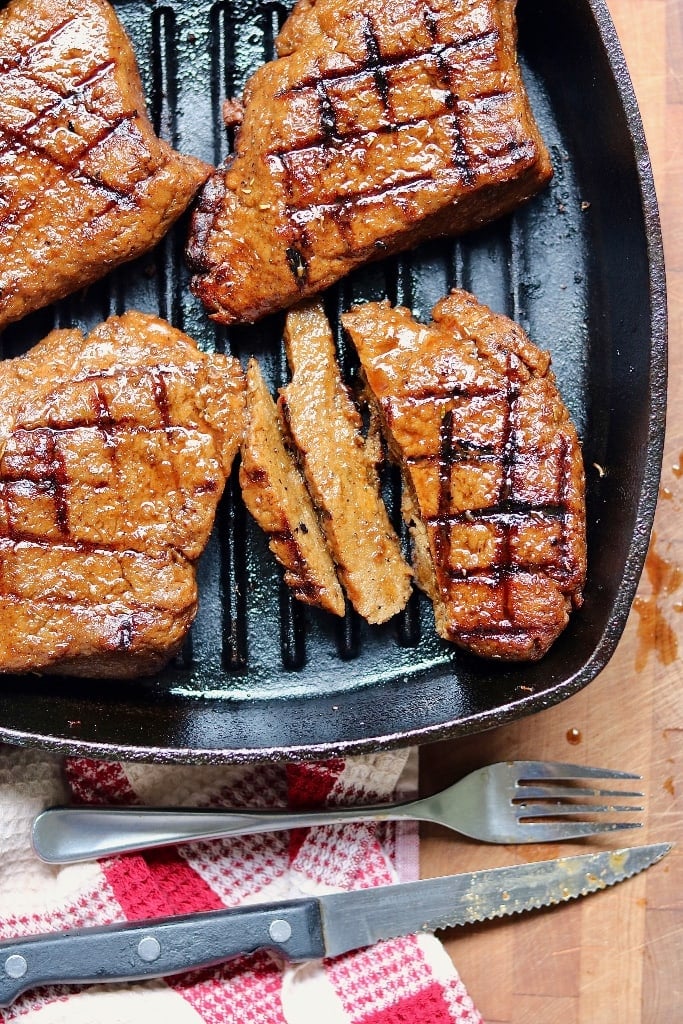
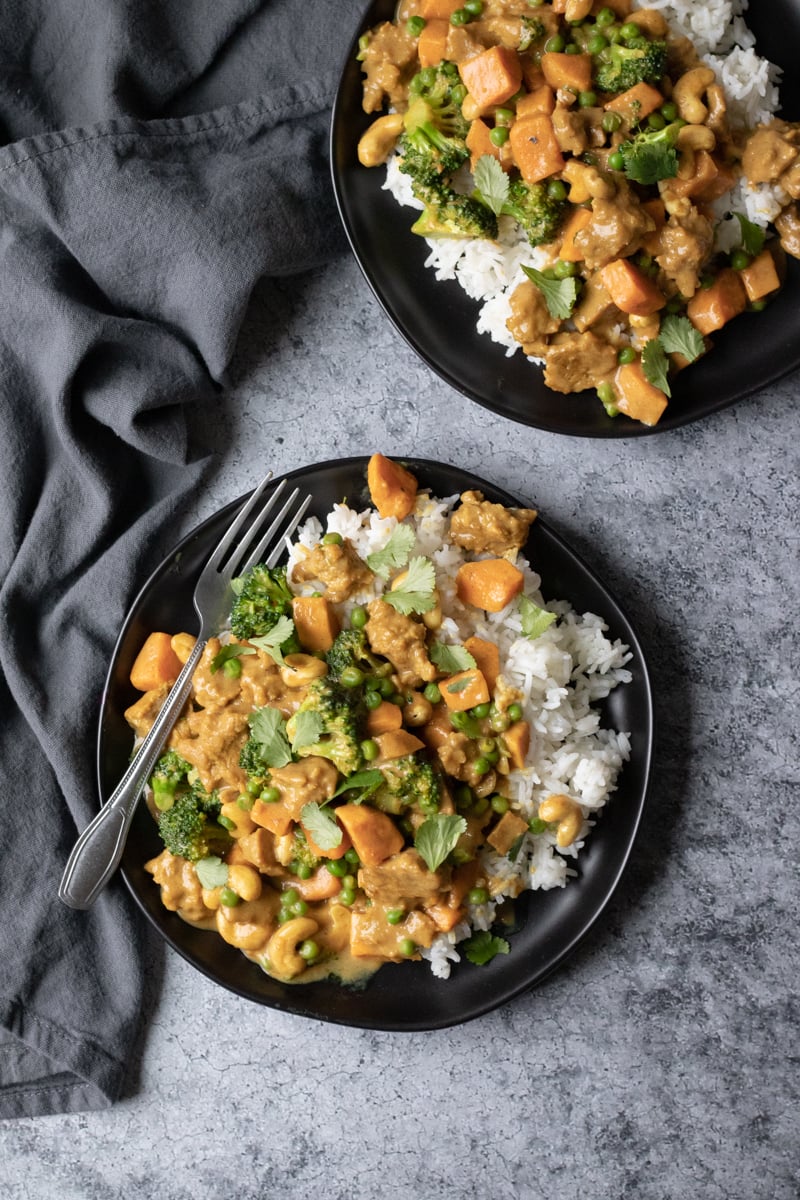
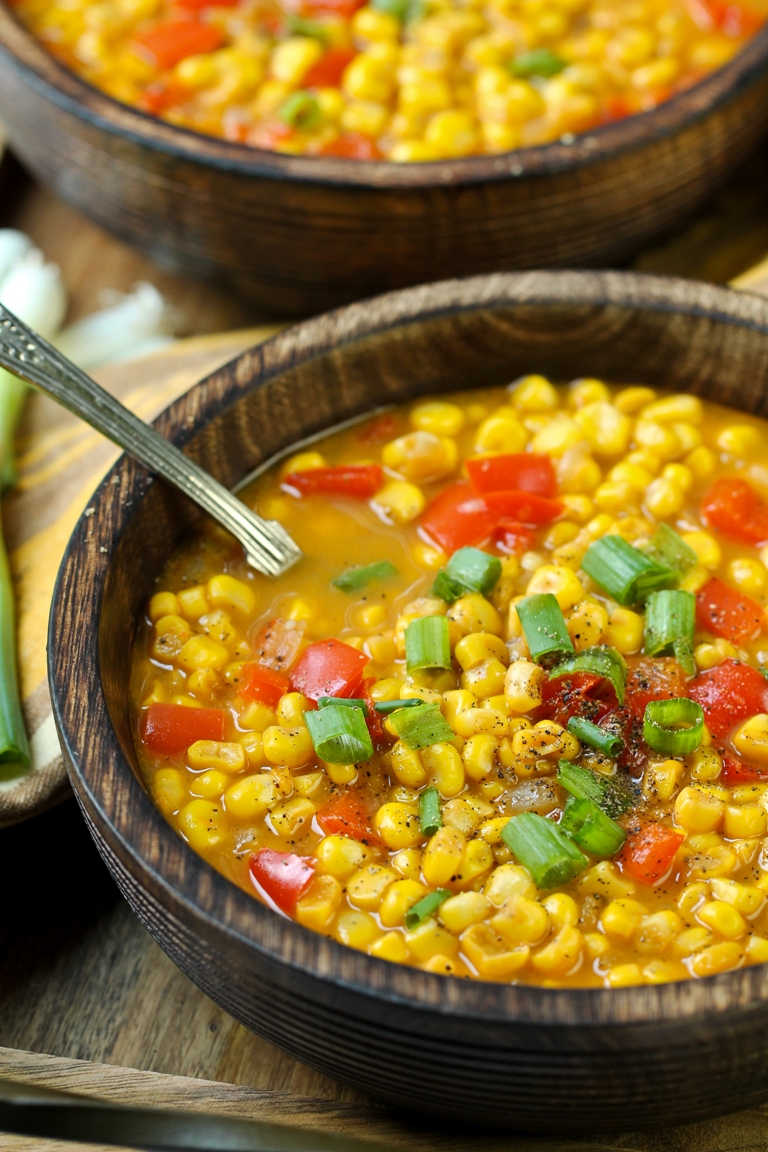
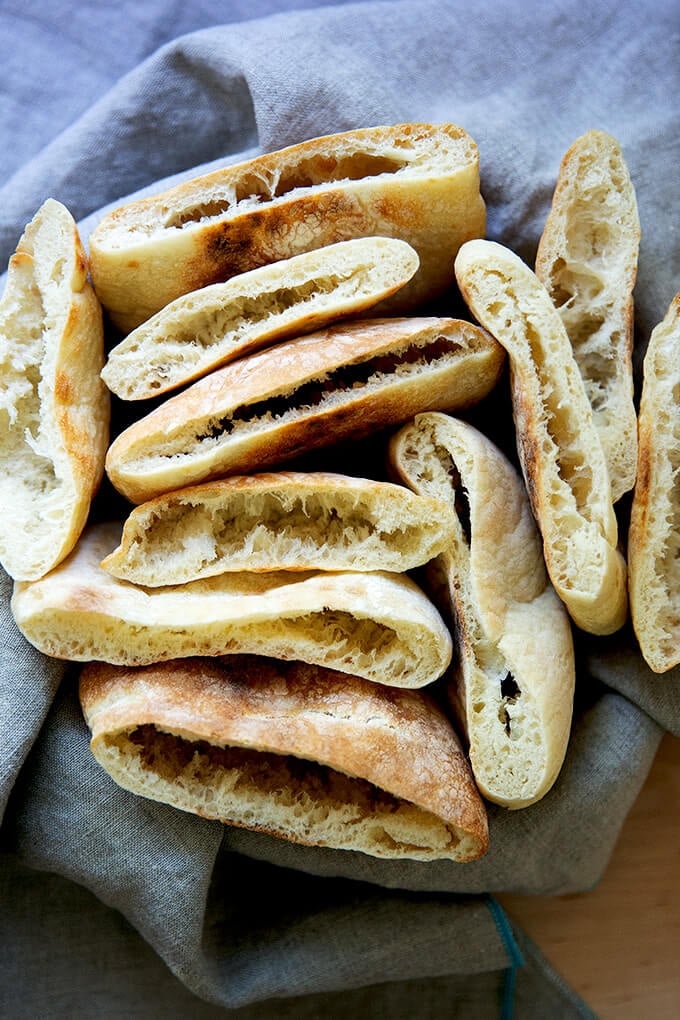
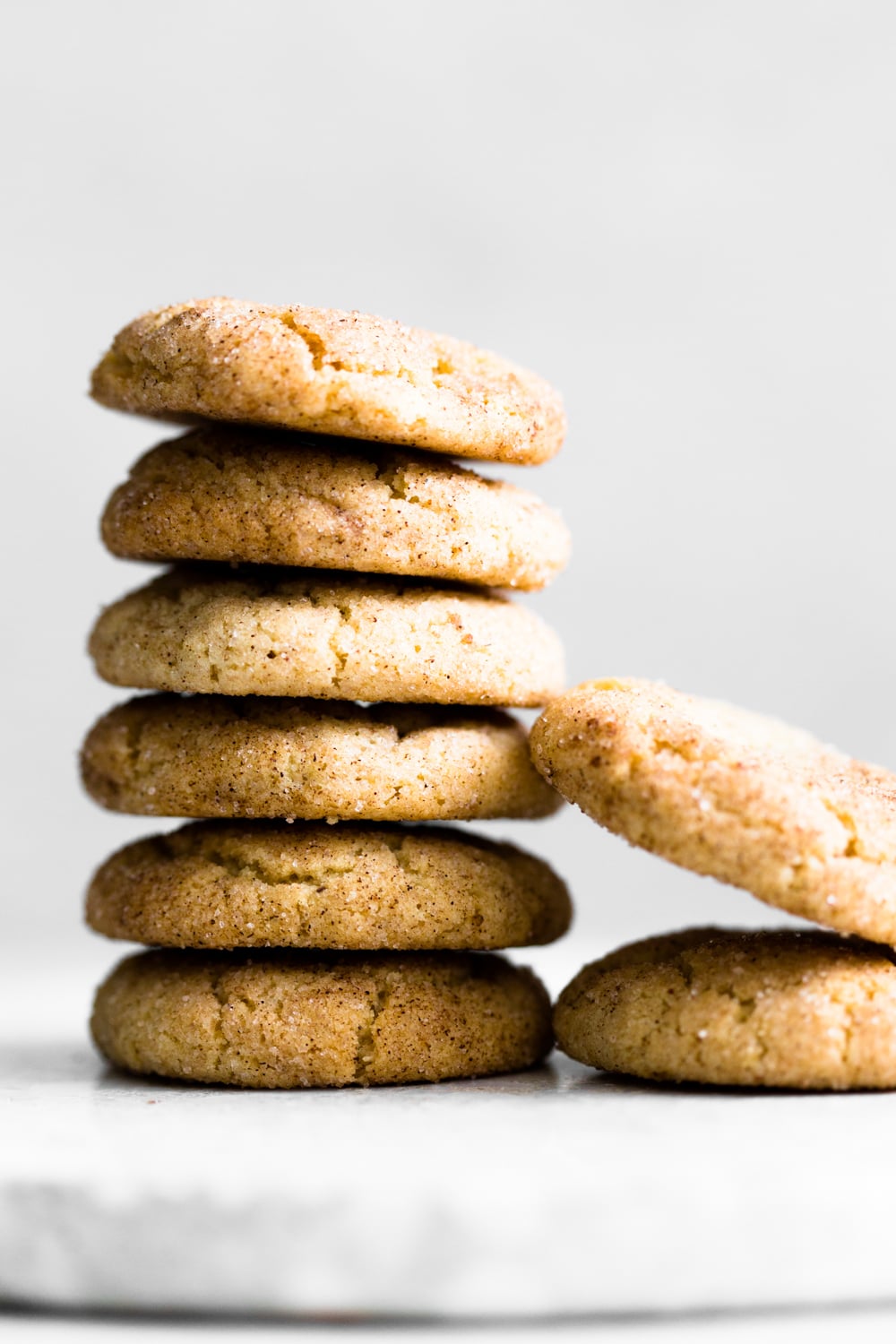
Leave a Comment
Hello Gena, Such true words today. Thank you for writing them. I don’t have a serious chronic illness, but I have for years been plagued with chronic/intermittent physical symptoms that make it hard for me to function in certain spaces because they make me feel fatigued and unwell, and because they also trigger anxiety episodes for me. I fought these symptoms for so long, seeking a cure through medical treatment and investigation, as well as through diet and health-related lifestyle changes. None of these things made any difference, which only made me feel more anxious and depressed.
Over the years, though, I have slowly learned to let go of my expectations of a cure. I have changed my expectations around my work and career, ensuring that the work I do no longer involves heavy face-to-face contact with people, as this is when I find my physical symptoms hardest to manage, and when they are therefore most likely to trigger anxiety episodes. I have also slowly let go of my anger about the way my symptoms have changed the way I thought I would live my life and the goals I was striving for (particularly in my career, but also in my social life).
It has been a long, hard lesson, but what I feel now, having given up my expectations for a cure, is forgiveness and gentleness. We are taught that we have choice and control over our lives and our health, and in many ways we do, but in other ways, we don’t. Thank you for voicing this message. It is good to see my own experiences reflected in your words today. Rebecca xo
Dear Gena, This is such an important topic and I really appreciate your approach to it. I have always found that when things get hard in my life, that’s the time to double down on my self-care, not let it slip away, because that’s the test of whether the self-care helps or not. I also find this is very hard for others to do–not sure why it is so clear to me now later in my life. Also, the way you ended your musings on this topic reminded me that when I changed my diet and began to see real change in my symptoms (I’m one of the lucky ones who has) when I’d wake up in the morning I’d remind myself that “all I have to do today is take care of myself, and everything else will follow from that.” It is amazing over and over how true that is. Also, I would add that I make a big distinction between healing and being “cured.” Being cured is not always possible, but healing is. xoxo
PS: I really loved that piece in the NYT about about widespread asymptomatic transmission. Look forward to perusing your other selections. much love–
Yes, it’s so true. Being cured is not always possible, but healing is. And love your morning reminder, and place it came from. xo